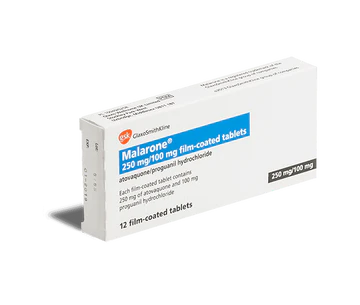
Related products
What is Malarone?
Malarone is an antimalarial prescription medication used to treat or prevent malaria, a disease caused by a group of parasites called Plasmodium. It contains 2 active ingredients atovaquone and proguanil hydrochloride. This medicine works by interfering with the growth of parasites in the red blood cells of the human body.
Description
What is Malarone?
Malarone is a treatment to protect against malaria. It contains 2 active ingredients atovaquone and proguanil hydrochloride which work together to kill the parasite in the blood.
How does it work?
Malarone is available in tablet form and is usually taken once a day with food or a milky drink, starting one to two days before entering a malaria-endemic area and continuing for seven days after leaving the area. For long-term prevention, Malarone may be taken once a week.
Is Malarone suitable for me?
Anti-malaria treatments differ depending on the geographical location. Malarone is effective in treating and preventing malaria.
Malarone is not suitable for use if you have:
- An allergy to any of the ingredients in the medication
- Kidney or liver problems
- If you take certain medication for auto-immune disease
Dosage
Commonly Used Dosage Guidelines for Malarone.
Take one tablet daily. Start taking the medication 1 to 2 days before entering a malaria zone, whilst you are there and continue for 1 week after leaving.
Side Effects
All medications can cause potential side effects, below we have listed some potential side effects, however, these do not always occur.
- Feeling dizzy
- Feeling or being sick (nausea or vomiting)
- Diarrhoea
- Coughing
- Loss of appetite
- Mouth sores
- Weakness
- Headache
Malarone Patient leaflet
To view Malarone Patient Leaflet click here.
To view PDF patient leaflet click here.
Additional Infomration
Malarone is available in both brand-name and generic form. Brand name: Malarone. Generic name: atovaquone/proguanil hydrochloride
Malarone Side Effects:
The most common side effects of Malarone include:
- headache
- stomach pain or upset
- nausea or vomiting
- diarrhoea
- dizziness or spinning sensation (vertigo)
- trouble sleeping (insomnia)
Less common but potentially serious side effects of Malarone include:
- allergic reactions, such as hives, difficulty breathing, and swelling of the face, lips, tongue, or throat,
- liver problems,
- mental health problems, such as anxiety, depression, and hallucinations,
- nerve problems, such as numbness, tingling, or weakness.
Malarone may also cause other side effects. Call your doctor if you have any unusual problems while taking this medication.
Malarone Precautions
You should not take Malarone if you are allergic to atovaquone or proguanil, or if you have: severe liver disease; kidney disease; blood disorders; or a history of porphyria (a genetic enzyme disorder that causes symptoms affecting the skin or nervous system).
To make sure Malarone is safe for you, tell your doctor if you have ever had: liver disease; kidney disease; porphyria; asthma or other breathing disorder; or if you are pregnant or breast-feeding.
Malarone should not be given to a child younger than 6 weeks old. Malarone can pass into breast milk and may harm a nursing baby. You should not breast-feed while you are taking Malarone.
Do not give this medication to anyone under 18 years old without medical advice.
You should not take this medicine if you are pregnant. If you become pregnant while taking Malarone, stop taking the medicine and call your doctor right away. Atovaquone/proguanil passes into breast milk in small amounts. If you are a nursing mother, do not take this medicine without first talking to your doctor.
Disclaimer
The information provided in this blog post is intended for general informational purposes only and should not be considered as medical advice, diagnosis, or treatment. Welzo does not endorse or sell the medication discussed, nor do we recommend using this information as a substitute for professional healthcare. Always consult with a qualified healthcare provider before making any decisions regarding your health or medical treatment. Welzo assumes no responsibility for any actions taken based on the information provided in this blog.



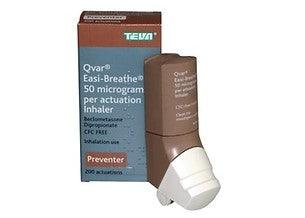

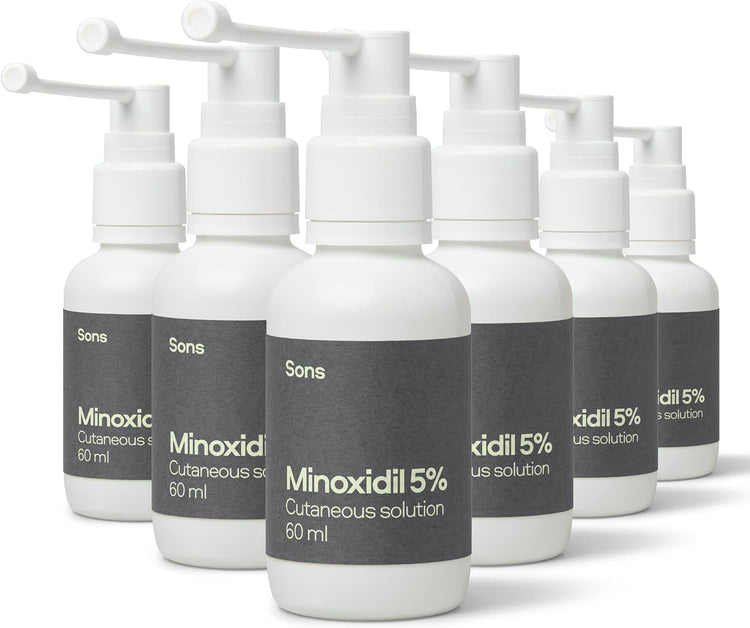

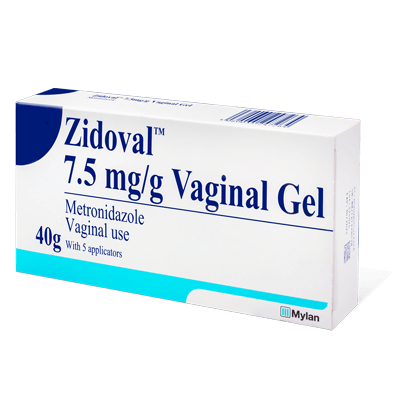


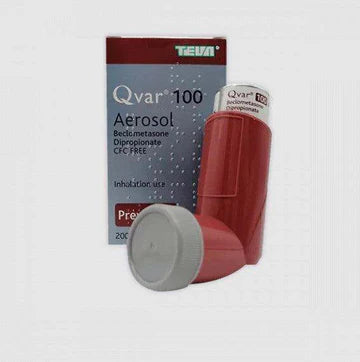
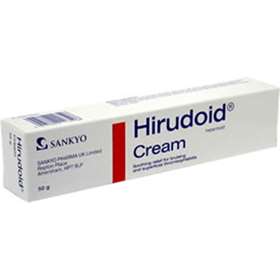
 Rated Excellent by 26,523+ Reviews
Rated Excellent by 26,523+ Reviews